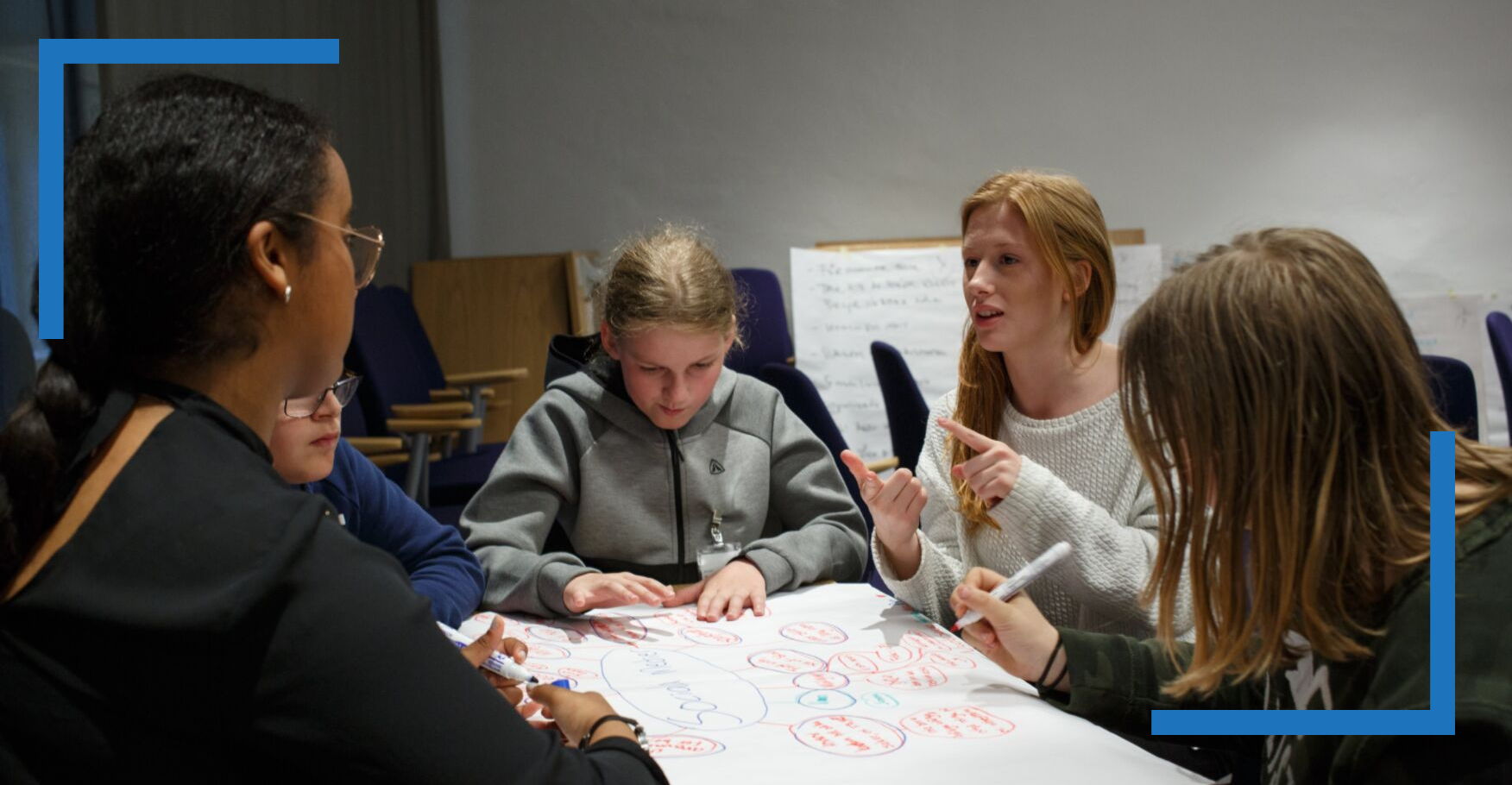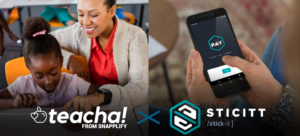There is a new breed of learners among us! These children do not know a world without digital technology and the internet. With the easy access of information that the internet affords, they wonder why it is necessary to memorise facts. When they don’t know something, the answer is at their fingertips. With everything just a quick search away, they are able to teach themselves anything that they are interested in. The world is a small place to these learners who are globally and cross-culturally connected, and can have friends all over the world without ever leaving their home.
Here are some characteristics of a 21st century learner:
- They embrace change – it’s no biggie for them, it’s part of life
- They are digitally savvy
- They are expressive – they need to express their thoughts and opinions
- They think the “why” is equally as important as the “how”
- They want the freedom to be creative
- They are collaborators
- They love a challenge
- They are globally aware
The 21st century learner will probably have several careers doing their lifetime; so what skills are these learners showing and growing in, in order to help them succeed in our ever-changing world? Let’s expand on just 5 of these.
Critical Thinking
These learners thrive on open-ended problems where they can analyse and come up with a creative solution. Problem-solving becomes an adventure where they can look at a problem from different perspectives and discover the answer for themselves. Critical thinking teaches students how to solve a problem, which encourages independent and courageous thought. Simply put, it teaches learners to figure stuff out for themselves because they will not always have a teacher on hand.
Creativity
Creativity is the practice of thinking outside the box and this leads to innovation. Learners come to discover that the way things have always been done is maybe not the best way. They seek change and this creativity is contagious. When one student shares a possible solution to a problem this inspires another to also try or build on that shared solution. And so, the ball starts rolling! This doesn’t mean that every idea is a success; however, these learners don’t see that as a failure but just as an idea that doesn’t work. They are not afraid of failure; their creative juices are flowing, and they will try something else. This boldness helps them to learn about their own creativity and strengths and how to best express them.
Collaboration
This is super important as the 21st century learner has opportunity to connect with people all over the world as well as their classmates. Our learners are learning to collaborate with people of different cultures, viewpoints and personalities in order to work together. Practising collaboration teaches them how to present their ideas and tackle problems as a group. They realise that compromise is often necessary as everyone has different ideas and each idea is as important as another. This encourages them to be bold as each idea is a part of the puzzle to achieve their set goal. Ultimately, collaboration teaches them to work for the greater good of the project they are involved in to achieve the best possible result.
Communication
The 21st century learner is very social. They are active on social media and are constantly talking to people through various apps and platforms. However, communicating face-to-face may need a little more practice. It is when they see the person they are talking to that they are able to gauge whether that person is engaging with what they are saying. Face-to-face communication allows them to hear the tone of what is being said. Good communication is vital for collaboration to be a success and each learner needs to make sure that they present their ideas clearly and they are understood.
Digital Literacy
Yes, learners have pretty much mastered social media and computer skills, but digital literacy goes deeper than that. In an age of fake news, it is vital that these 21st century learners know how to separate fact from fiction. This is where critical thinking comes into play and they learn how to figure out which sources are credible and why. Some learners will also go on to learn about the actual technology behind all the machines involved in this digital era.
Our learners are growing up in a world that seems to evolve daily. Let’s make sure they understand and grow these vital skills in order to be successful. Let’s encourage initiative, teach them to be flexible, polite and respectful, and we will find that these students will be able to accomplish anything. Bring on the future!



